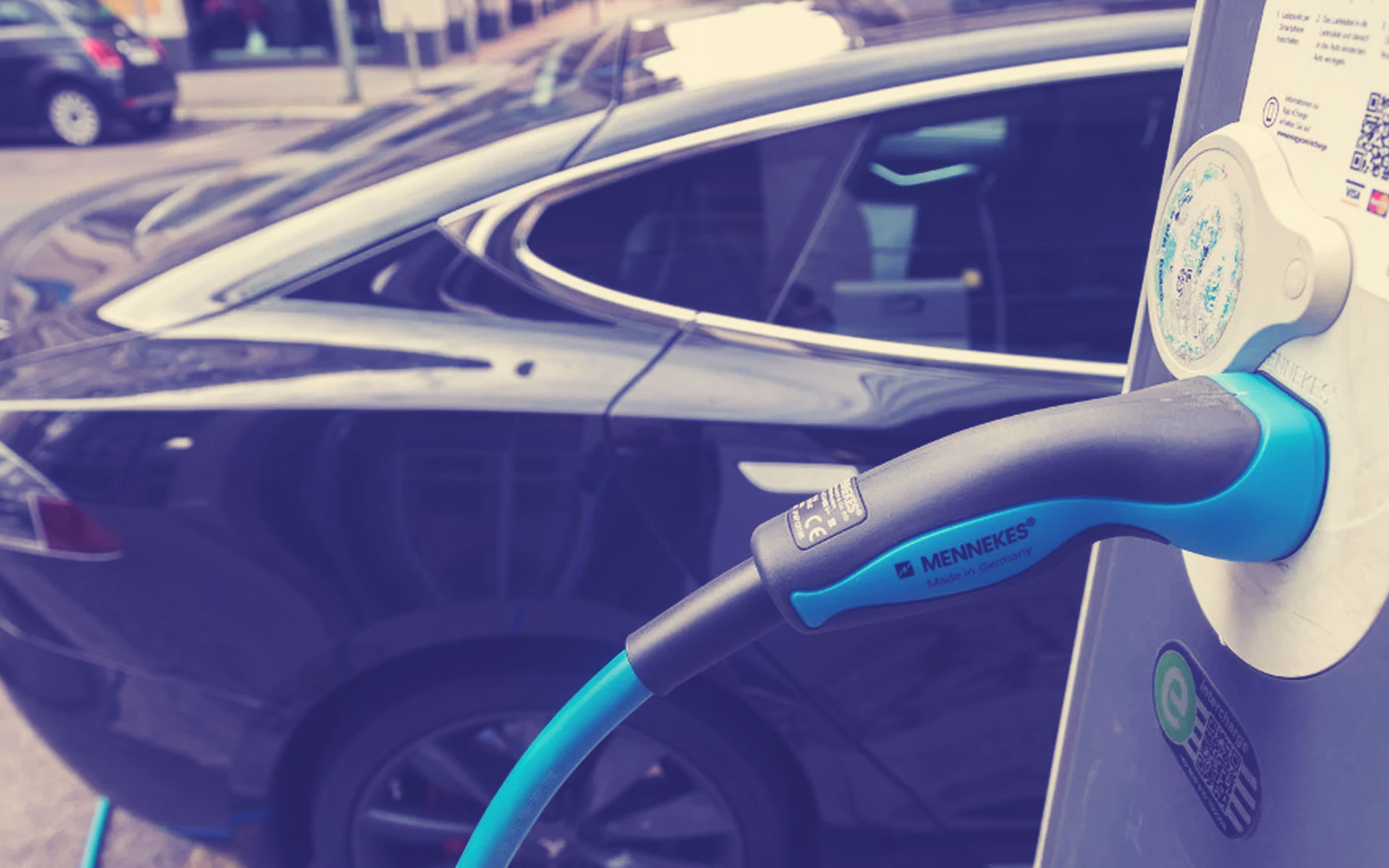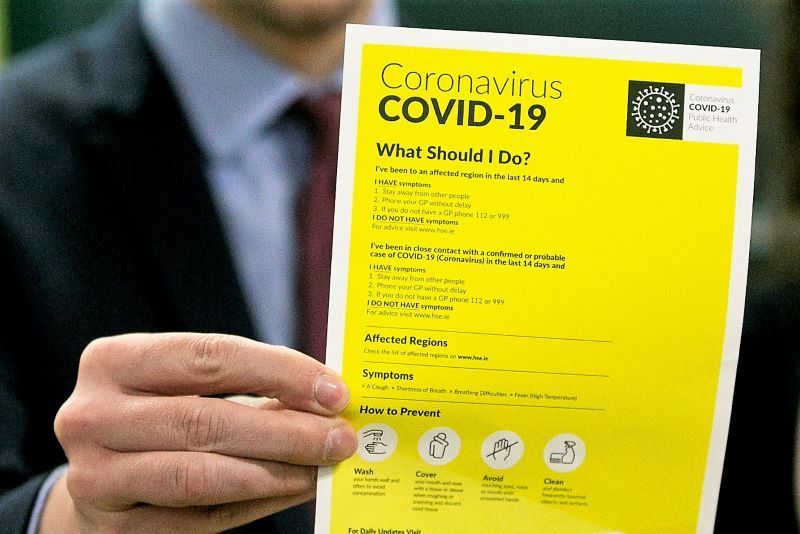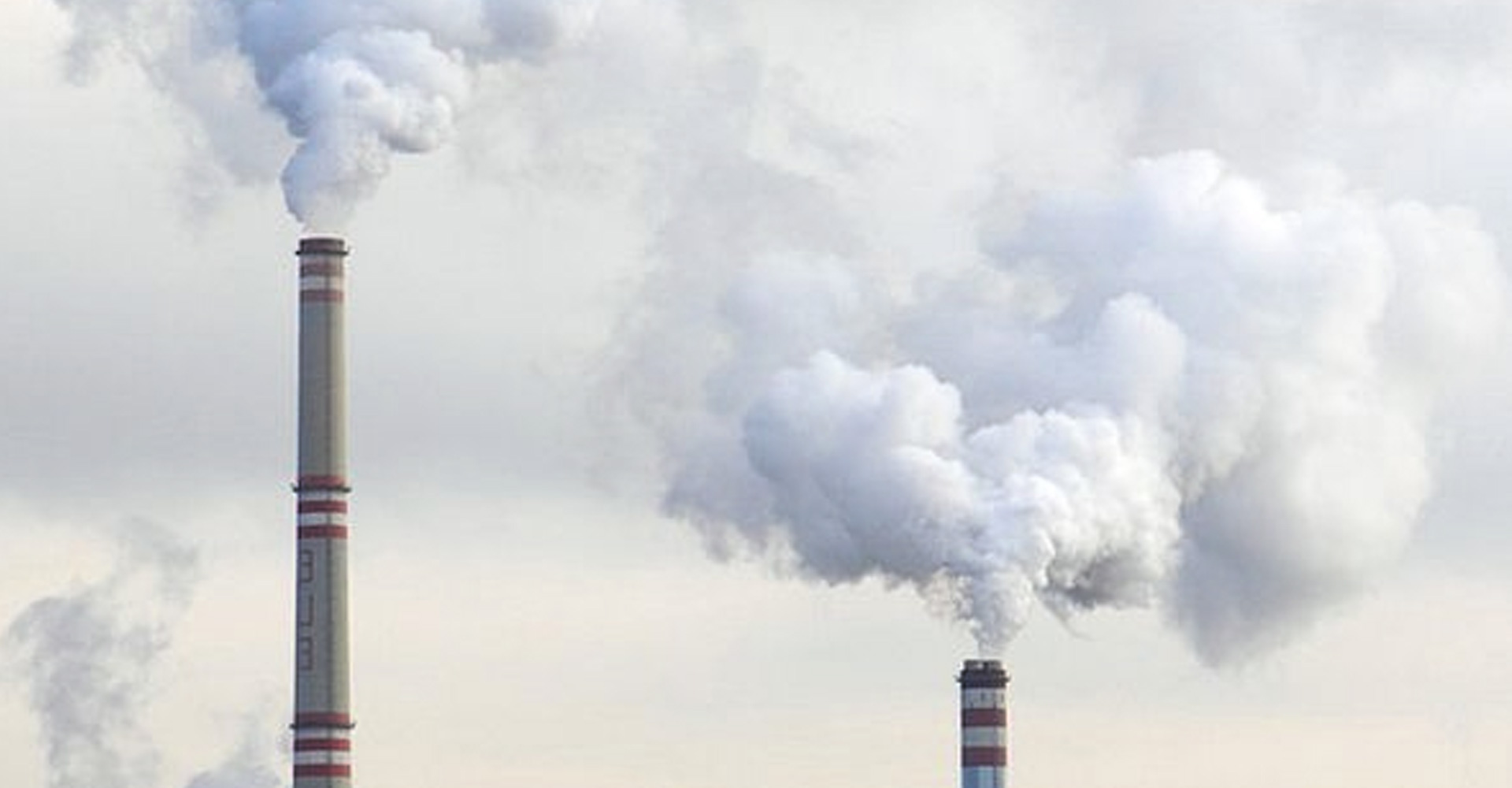Stephen Prendiville from EY talks to Wasted.ie
“Our economy, processes and regulations slipped into a COVID-19 induced coma and as we start waking up more fully, we have the exact same economy and the exact same infrastructure.”
Mary O’Sullivan (Wasted.ie) talks with Stephen Prendiville (Head of Sustainability at EY)
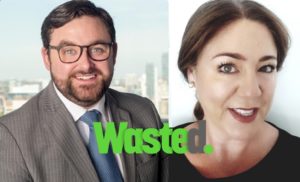
Earlier this year, EY, one of our leading global professional services organisations here in Ireland, conducted some research in order to try to understand the degree of readiness among Irish indigenous organisations around sustainability. The findings were outlined in the inaugural EY Ireland State of Sustainability report. We spoke to Stephen Prendiville to get his thoughts on the EY report, as well as the newly published National Development Plan and ask if the story still reads the same for Ireland’s sustainability journey, or if there is a positive road ahead.
Stephen is no stranger to this space, having been involved in the sustainability conversation since 2015 and what we really wanted to know was – apart from some new words creeping into the vernacular and creative soundbites, has the conversation really changed? And are we way past talking about this now anyway?
Stephen was glad to say, Yes and No, respectively.
As of this year, everyone is talking about this journey and what the road ahead looks like. Is it enough?
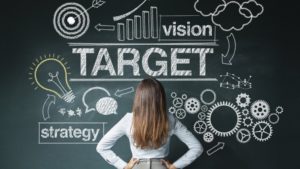
“It’s all been signaling at the moment….the collage is starting to come into view and starting to take focus… there is a couple of critical pieces that just need to fall and I think post COP26….there will be no doubt in people’s mind and the picture will be very clear.”
What we haven’t had yet, is what Stephen likens to the Smoking Ban conversation. Something that was talked about for many years, but far too lofty a notion for us to receive public buy-in, or political will. But this conversation involved people at all levels – and it happened. A similar conversation, albeit on a much grander scale, must now take place about our sustainable future. Because action is needed quickly and it requires us all to be around the table.
Did we learn anything from the Covid lockdowns?
After 18 months of shut-downs, while we battled the worldwide pandemic of Covid-19, we have seen a shift in public momentum. We have witnessed an increase in the purchase of EV’s and positive moves from supermarkets to try to eliminate plastic. But with recent setbacks to our electricity grid management and questions surrounding the future of public transport, it’s clear that this journey will look very uphill for a while.
What about Consumer behaviour?
Our world has revolved around consumerism for so long, that it is difficult to break that cycle. We have been educated, as Stephen reminds us, to purchase more of everything. The changing of consumer behaviour will certainly play a huge part in our success in achieving our emission targets. But Stephen insists that this fight should not be landed on the shoulders of the consumer “That’s just too easy” he says. We need buy in at all levels and then we need a proper framework to allow companies, governments and individuals to navigate their path to playing their respective part.
“It’s the behavioural change that we need to achieve, not only with ourselves, but our clients, to change our relationship with business travel, to how we execute our engagements, our relationships with our own people, asking them to be more conscious of how they get to work…”

During our interview, we also spoke about ‘Green Fatigue’. While almost every organisation is committed to becoming more sustainable, many of these (particularly the smaller companies) are struggling to see how they are going to hit the targets they have made for themselves, never mind being able to visualise a clear path to their inclusion in a national or global agenda.
But Stephen remains positive that there are quick wins that businesses can achieve and they don’t have to represent a huge budget or resource drain. We do not want companies to become dejected when they feel that they will never get there.
Do companies have a plan in sight?
Of the companies surveyed for this report that have a carbon reduction goal (about 60% of the companies we spoke with), two thirds of those were worried about hitting those goals for 2030. That for me was really positive. I have that anxiety every day. People need to realise that this is not going to be easy, We haven’t had that grown up conversation as a nation yet…
The resounding point we took from our conversation with Stephen, is that we must start somewhere. We just need to get moving, get started, start trying. It is only when we open our minds, our business operations, our behaviour, that we realise how much there is to be done. But then, we will have started. And that’s good news all-round.
Key Takeaways from Stephen:
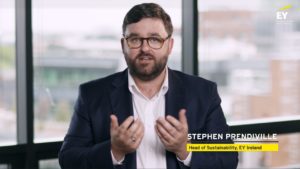
Our world is on fire, and we cannot afford to sit on our hands. We must apply force and change our momentum. Our journey needs to begin now! Set a target, engage with employees, start the discussion. Small steps will build to great momentum.
#DoOneThing
1. Make changes to your travel and expense policies
As see a phased return to the office across many businesses, we must welcome this flexibility and encourage a hybrid working model that not only works for individual businesses and employees. Companies can also incentivise the use of certain modes of transport, as well as putting in more bike racks, or EV charging facilities.
2. Carry out a review of your pension options for employees
We as a society are becoming more and more ethically-minded and conscious of where our money is going when we spend it – so it only makes sense that we apply that principle to the investment opportunities we give employees. See what opportunities you can give your employees to direct their funds towards more sustainable investments.
3. Re-evaluate your procurement processes
Businesses should disclose their commitment to sustainability in their procurement policies and they should seek the same from their suppliers. Encourage our clients to review their supply chain to assess how sustainable the suppliers they partner with are.
These suggestions might seem small, but if every business across Ireland adopted more of these shifts towards sustainability, think of the collective impact that could have? As a business community, we have a responsibility to play our part in Ireland’s sustainability journey, from the smallest SME to the biggest multinational.




